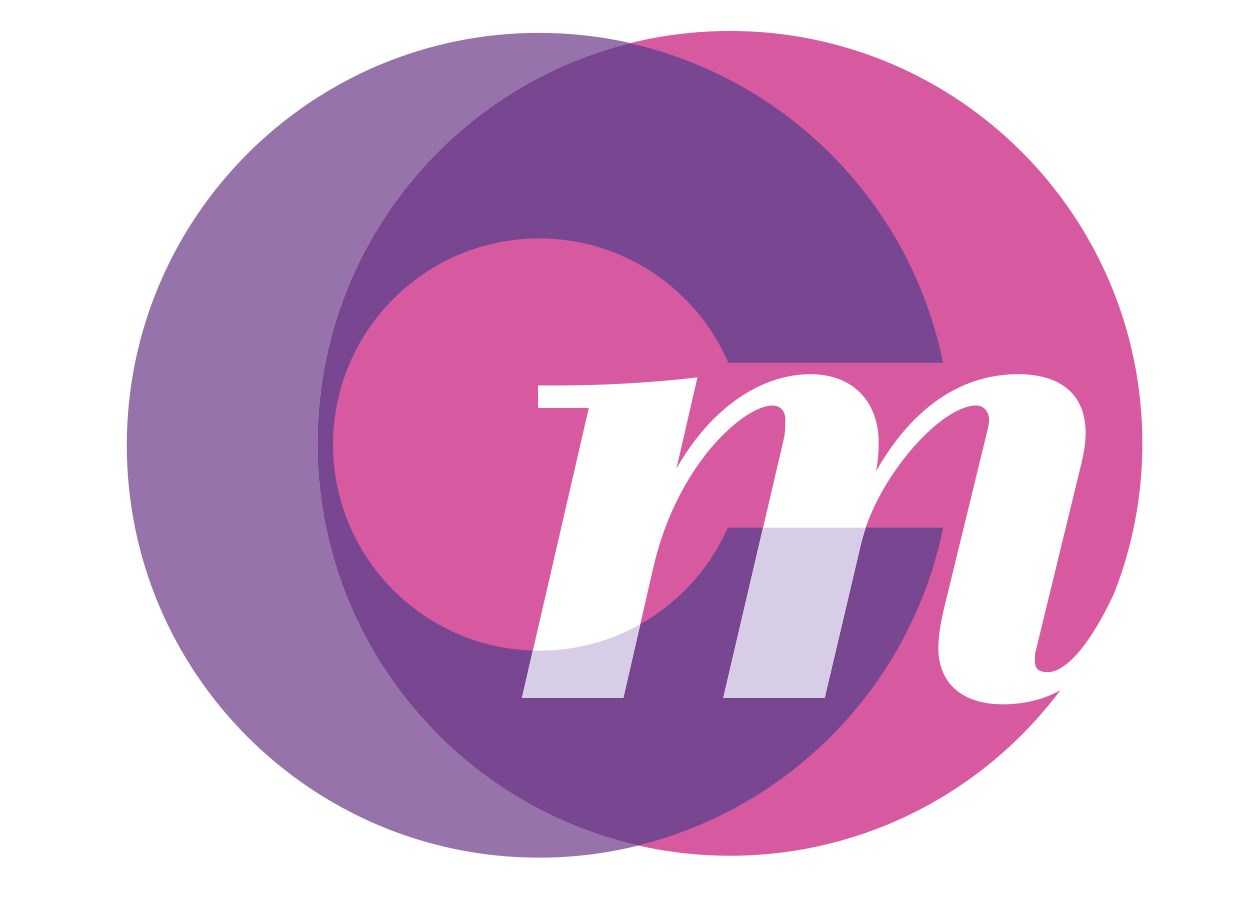That headline is a quote is from Alan Alda. He has a goal of making science accessible to everyone find more.
I work with many people on how to present ideas more effectively to help them sell more. Some work in jargon rich environments [companies?] which are all complicated and special. Usually, someone will say, ‘But we have to use long words. It’s expected and they make me look clever, don’t they?’ No, they don’t. And you don’t just have to take my word for it. Daniel M Oppenheimer, of Princeton University, has proved it. He even won the Ig Noblel prize for it in 2006.
He designed several experiments to test how people reacted to various styles of writing – some straightforward, some complicated. He wanted to know which writers sounded the cleverest.
And guess what? The writers of clear and simple words were judged as smart, whereas those who used needlessly long words came across as less intelligent and less confident.
His conclusion is emphatic: ‘Write clearly and simply if you can, and you’ll be more likely to be thought of as intelligent.’
If you fancy reading the study yourself, it’s here. It’s rather splendidly called Consequences of Erudite Vernacular Utilized Irrespective of Necessity: Problems with Using Long Words Needlessly.
Or if you don’t like academic papers then read this from Warren Buffett:
One unoriginal but useful tip: Write with a specific person in mind. When writing Berkshire Hathaway’s annual report, I pretend that I’m talking to my sisters. I have no trouble picturing them: though highly intelligent, they are not experts in accounting or finance. They will understand plain English, but jargon may puzzle them. My goal is simply to give them the information I would wish them to supply me if our positions were reversed. To succeed, I don’t need to be Shakespeare; I must, though, have a sincere desire to inform. No siblings to write to? Borrow mine: just begin with ‘Dear Doris and Bertie’.
 Chiswick Marketing
Chiswick Marketing